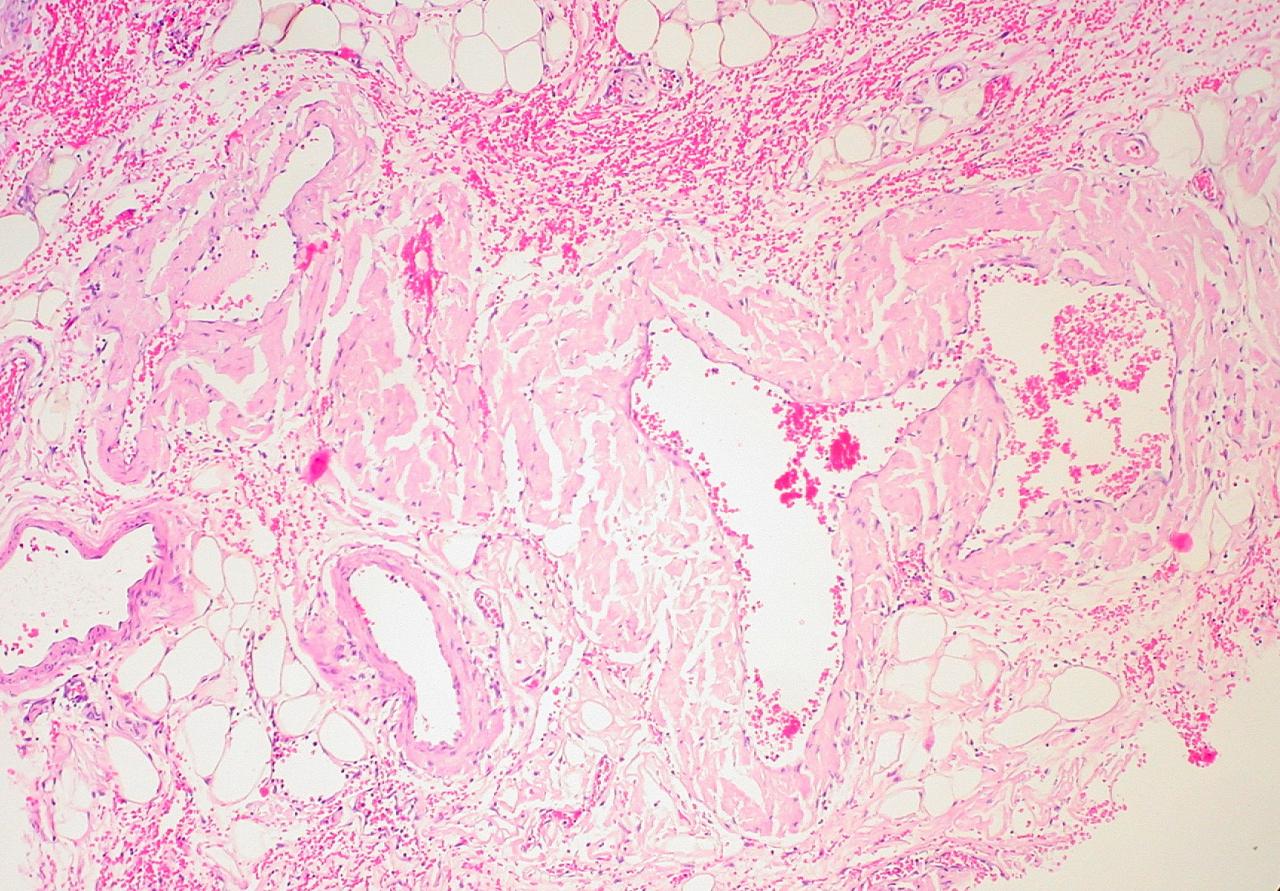Ginkgo biloba is gaining in popularity as an herbal remedy that may help us with memory issues. It is typically sold in an extract form that is produced from the leaves of the ginkgo biloba tree. The word biloba stems from the fact that the leaves are double or bi-lobed.
Ginkgo biloba has been used for centuries as part of traditional Chinese medicine, but it’s only been used here in the United States for about the past forty or so years.
People used ginkgo biloba for several different health reasons; the first and foremost tends to be for reasons related to wanting to improve memory. Studies have been conducted that favorably link ginkgo biloba to something called “cerebral insufficiency,” which is thought to be a secondary syndrome to atherosclerotic disease that includes many symptoms including confusion, impaired concentration, fatigue, headache, dizziness, and anxiety. Ginkgo has also been studied for its ability to help manage Alzheimer’s disease and/or dementia. Some people swear by ginkgo biloba’s ability to help them manage other health conditions including tinnitus and even impotence. We’ll get to the studies that looked into these issues in a bit, but first, let’s look at what it is about ginkgo biloba that may give it these health-giving properties.
Typically, the ginkgo biloba that you buy in supplement form (no one really ever eats ginkgo biloba straight to gain any of its health benefits; it’s pretty much always taken as a supplement, like a capsule or tablet), has been dried and then the leaves are treated so that their active ingredients come out in extract form. The key ingredient is called GBE, which stands for an extract of gingko biloba extract. So if you decide to give ginkgo biloba a try or if you are already taking it, please check the label to be sure your supplement contains GBE. The GBE itself should be listed as containing at least 24 percent flavone glycosides and six percent terpene lactones.
Ginkgo biloba has been found to work by helping to increase blood flow to the brain as well as the extremities. It appears to do this by regulating the elasticity and tone of blood vessels. Other studies have shown that ginkgo biloba may help get additional oxygen and blood sugar (or glucose) to the nervous system. It is also a pretty impressive antioxidant, which means it helps get rid of the free radicals that are floating around inside our systems looking for trouble.
Because ginkgo can help get more blood flow into the brain, it has received a lot of attention for its apparent ability to help people with memory issues. For example, controlled studies have found that ginkgo biloba may improve memory in people with Alzheimer’s disease. Specifically, the studies show that people who already have been diagnosed with Alzheimer’s disease who get the most benefit from ginkgo biloba, not people with no difficulties with their memory. In a year-long study of just over 200 patients with dementia, many of whom also had Alzheimer’s disease as well; taking 120 mg of ginkgo biloba a day had a bigger improvement in their social and mental functions than those who received a placebo. If the subjects who took the ginkgo didn’t show an improvement, they at least were more likely to have their symptoms stabilize. These effects didn’t last permanently, but the study did definitely note that they occurred.
References:
http://www.wholehealthmd.com/ME2/dirmod.asp?sid=17E09E7CFFF640448FFB0B4FC1B7FEF0&nm=Reference+Library&type=AWHN_Supplements&mod=Supplements&mid=&id=70AF5BDEA1DC4E9B910F6F028F3F69F0&tier=2
http://www.mayoclinic.com/health/ginkgo-biloba/NS_patient-ginkgo/METHOD=print






Add a CommentComments
There are no comments yet. Be the first one and get the conversation started!